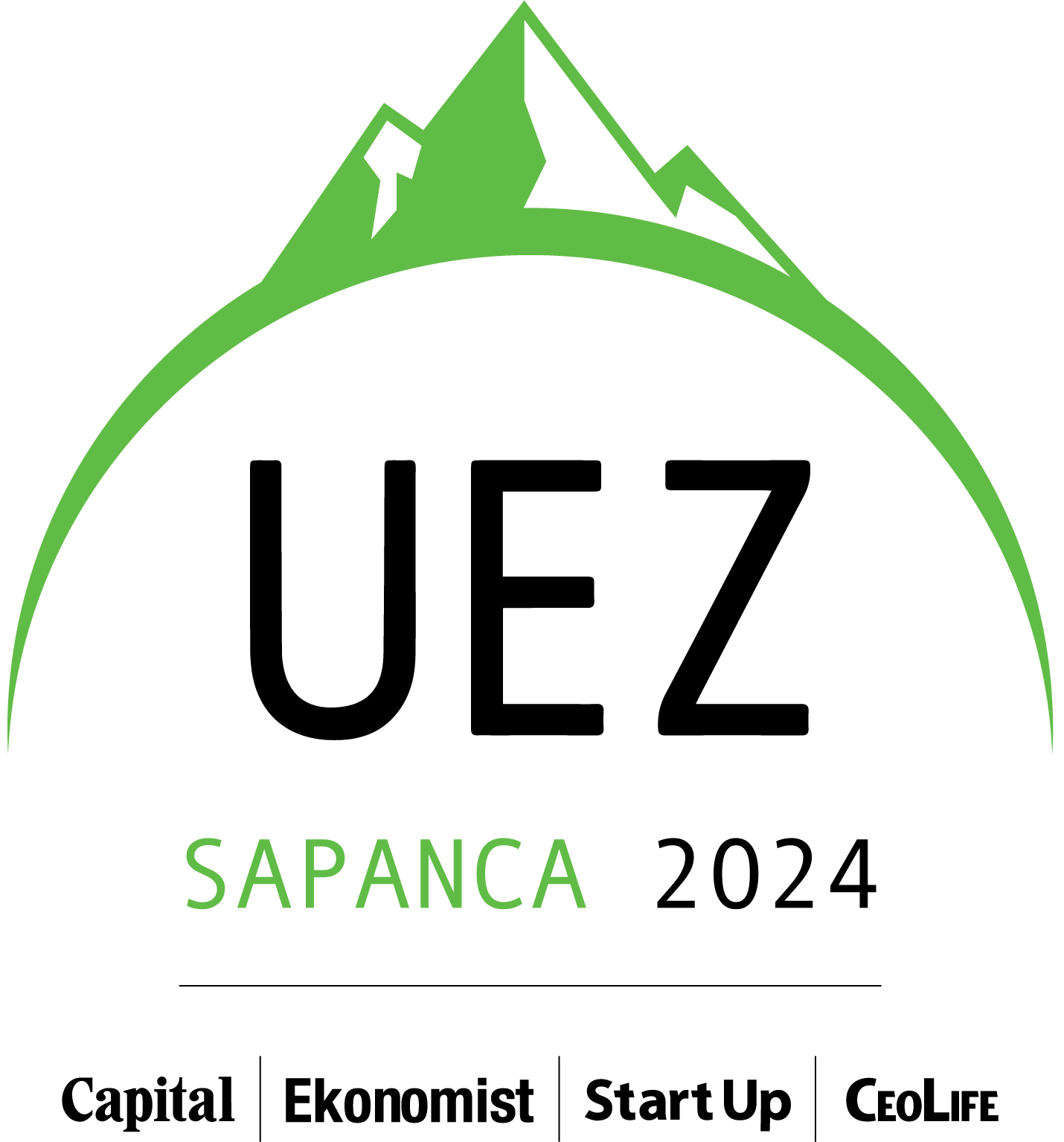
Prof. Dr. Esra Hatipoğlu
Prof. Dr. Esra Hatipoğlu graduated from Kadıköy Anatolian High School, and later obtained her Bachelor's degree in Political Science and International Relations from Marmara University Faculty of Economics and Administrative Sciences, and a Master's degree in Economics from the Faculty of Economics at Anadolu University.
She completed her Master's degree in European Studies at the Institute of European Union, Marmara University, specialized in Russia and Post-Soviet Studies at the London School of Economics (LSE), and earned her Ph.D. in European Studies at the Institute of European Union, Marmara University.
Prof. Dr. Hatipoğlu started working as a Research Assistant at the Institute of European Union at Marmara University in 1992 and held various academic positions in the Faculty of Economics and Administrative Sciences (later the Faculty of Political Sciences), specifically in the Public Administration and International Relations departments, until 2016.
Between 2002-2005, Prof. Dr. Hatipoğlu served as the Deputy Director of the Middle East Institute at Marmara University, and from 2014-2015, she held the position of founding chair of the Department of International Economics within the International Relations Department at the Faculty of Political Sciences at Marmara University.
In 2007, Prof. Dr. Hatipoğlu became an Associate Professor in International Relations, and in 2013, she was promoted to the rank of full Professor. Between 2016 and 2019, she served as the Rector of Nişantaşı University. From 2021 to 2023, she held the position of Advisor to the Rector on International Relations at Bahçeşehir University. As of September 2023, she has been appointed as the Rector of Bahçeşehir University.
Prof. Dr. Hatipoğlu has conducted short-term election observation missions in Georgia, Moldova, Russia, and Ukraine on behalf of the Organization for Security and Co-operation in Europe (OSCE) and the Ministry of Foreign Affairs of Türkiye. She has also been involved as a researcher and project coordinator in various national and international projects.
The master's course titled "EU Enlargement and Eurasia (C01/058)" that Hatipoğlu taught at the Institute of European Union at Marmara University was supported by the European Commission through the Jean Monnet Permanent Course program between 2001-2005.
Prof. Dr. Esra Hatipoğlu has benefited from scholarship programs such as the Jean Monnet Scholarship, UN Nippon Foundation Fellowship, and European University Institute Research Grant. She has received awards including the Marmara University Excellence and Achievement Awards, the Strategic Visionary Scientist Award from the Turkish Asian Strategic Research Center, and the Contribution to Science and Education Medal (Bulgaria).
Prof. Dr. Hatipoğlu has worked as an international researcher at various institutions, including the European University Institute in Florence, the London School of Economics (LSE), and Central European University in Budapest. She has supervised numerous master's and doctoral theses and currently serves on the editorial, advisory, and peer review boards of many national and international journals.
Prof. Dr. Hatipoğlu is a member of the governing or advisory boards of professional organizations such as the International Relations Council Association (UİK), where she also served as vice president from 2018 to 2020, European Women Rectors Association (EWORA), and Women in International Security.
Prof. Dr. Hatipoğlu has numerous national and international publications on subjects such as the Foreign Policy of the Russian Federation, the Black Sea Region, South Caucasus, Central Asia, the Balkans, and the European Union's relations with Turkey.
In the past eight years, Prof. Dr. Hatipoğlu has primarily focused her academic research on topics such as Turkish higher education, the changing and evolving structure of education in Türkiye and globally, and the impact of artificial intelligence on education.
27 APRIL 2024

